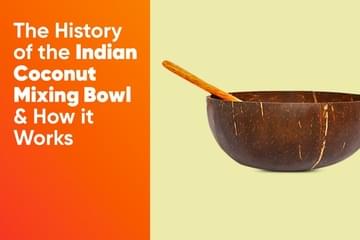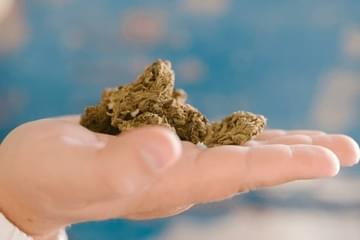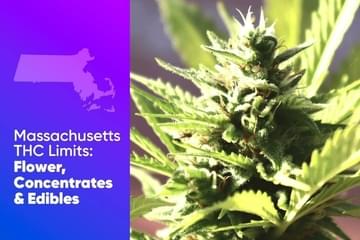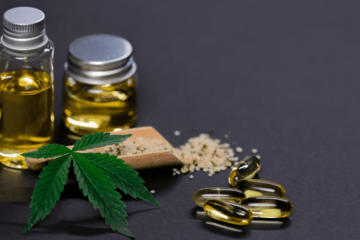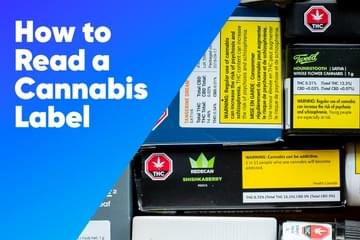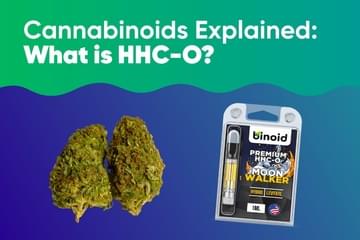
What is the CBC Cannabinoid?
Published on 4/28/21
Cannabis research is finally gathering momentum after years of bureaucratic obstacles and scientists are learning more about marijuana and how its components operate. A great deal of that research is focused on cannabinoids, the large group of substances that tend to dominate the discussion of how and why marijuana interacts with different parts of the human body.
Cannabinoids are a class of chemical compounds found in cannabis that interact directly with the cannabinoid receptors found in the body's endocannabinoid system (ECS). The ECS regulates how the body works and helps maintain homeostasis, the process the body uses to self-regulate and maintain balance. Depending on the type, cannabinoids activate either the CB1 or CB2 receptors (or both) in the body and alter how it operates. The two most prevalent (and well-known) cannabinoids are tetrahydrocannabinol (THC) and cannabidiol (CBD). To date, over 100 different cannabinoids have been identified in cannabis.
Cannabinoid Research
 Unsplash
UnsplashPrompted by the demonstrated health benefits of cannabinoids that have already been identified and isolated, research is ongoing in labs around the world to isolate as many cannabinoids as possible. Most of the research is government-funded (Israel, Canada, Italy, the U.K. and the U.S. lead the way), but independent research without government interference and regulations has also substantially increased. This type of research has been (and continues to be) critical because governmental funds are usually directed to studies focused on illuminating any possible negative effects of cannabis on the body.
What is Cannabichromene?
Cannabichromene (CBC) is a non-psychoactive cannabinoid that only binds to the CB2 receptor. First reported in 1966 in a study done at the University of Wales and reported again that same year in another study conducted at Weizmann Institute of Science in Israel. The CBC cannabinoid can be incredibly abundant in marijuana, but many strains are bred primarily with high THC content in mind. CBC typically makes up less than 0.3% of most marijuana commonly used today, still making it a relatively prominent cannabinoid.
Like other cannabinoids in marijuana, CBC is produced in the cavities of the plant's glandular trichomes, and originates from cannabigerolic acid (CBGA), the same cannabinoid as CBD and THC and appropriately known as the "Parent Cannabinoid." Enzymes then cause it to convert into cannabichrome carboxylic acid (CBCA). Once CBCA is exposed to heat or oxygen over a period of time and goes through decarboxylation, it becomes CBC.
Is Cannabichromene Legal?
 Unsplash
UnsplashSadly, CBC is technically not legal in the eyes of the federal government. While The Farm Bill did make CBD taken from hemp with less than 0.3% THC legal in 2018, it did nothing to address the legality of the plethora of other non-psychoactive cannabinoids in marijuana. In addition, hemp farmers have been focused on the potential for the newly legal CBD in their plants, not CBC. There are some sites online that do carry what they claim to be true CBC oil, but their legitimacy is unconfirmed. There are oils with high levels of CBC available in states where marijuana has been legalized, but they also contain THC adding a psychoactive "high" that not everyone may want. Thankfully, the availability of CBC is expected to increase as the nascent hemp industry grows.
CBC vs. CBD
CBC and CBC are two of the most abundant non-intoxicating cannabinoids found in cannabis, and CBC effects are similar to those of CBD. As more research is published, it is becoming clear that CBC exhibits therapeutic properties much like CBD. Its effects are also enhanced by interacting with CBD and THC and creating an entourage effect. Like CBD, it does not bind well with CB1s, the receptors in the brain that attract THC and its mind-altering properties. Both CBC and CBD bind with the vanilloid receptor 1 (TRPV1) and transient receptor potential ankyrin 1 (TRPA1), which are linked to how the body interprets and responds to pain.
Cannabichromene Benefits
 Unsplash
UnsplashCBC medicinal benefits are similar to CBD medicinal benefits and include the following:
- Cancer: CBC exhibited anti-tumor properties on human gastrointestinal cancer cells. CBC also slows the uptake of anandamide, allowing it to remain longer in the bloodstream. Anandamide has been shown to inhibit the tumor growth that can lead to breast cancer.
- Migraines: CBC interacts with other cannabinoids to minimize the effects of migraines.
- Anti-bacterial: CBC exhibits strong antibacterial effects on a variety of gram-positive, gram-negative and acid-fast bacteria.
- Pain reduction: CBC contributes to the overall analgesic effects of cannabis.
- CBC can be an anti-depressant
- CBC can be an Anti-inflammatory
- Brain growth: CBC encourages neurogenesis, the process by which new neurons are formed in the brain.
- Acne: CBC inhibits the gland inflammation that is a key cause of this skin disease.
Remember that prior to taking CBC products for any of the symptoms listed above you should always consult your doctor to ensure that the cannabinoid is right for you.
Do you take CBC? Has it been beneficial in easing any particular symptoms or are you using it for general well-being? Let us know in the comments section below!









